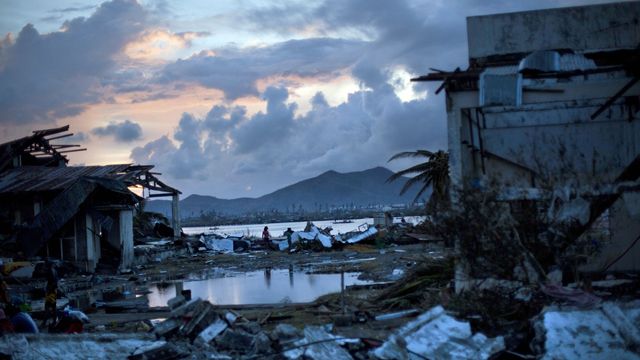
Moyers & Company asked some of the people trying to change the world for the better to tell us what their hopes for the coming year. Here’s what Phaedra Ellis-Lamkins, head of Green for All, told us.
Over the past year, we’ve made some important progress in fighting climate change. We’re seeing more momentum in the transition from coal to cleaner sources of energy like wind and solar. In November, President Obama issued an executive order calling on federal agencies to prepare America for global warming. And earlier this month, the EPA finalized limits on greenhouse gas emissions from coal-fired power plants, the biggest source of climate pollution in the US.
But the one thing that continues to be largely ignored is the disproportionate toll that climate change takes on our most vulnerable communities. We know that people of color and those living in poverty are hit first and worst when disasters and severe weather strike. Katrina and Sandy drove that lesson home. These are the same folks who suffer higher rates of asthma and other health problems as a result of living closer to coal plants and polluting industries.
And you can’t bounce back from missed meals due to rising food costs when storms damage crops. Climate resilience for the most vulnerable communities means fortifying them with jobs, economic opportunity and modern infrastructure. It means giving people the economic stability to prepare for, escape from and survive climate-related events. And the green economy provides opportunities to do just that. Investing in stormwater infrastructure, for example, helps mitigate the damage from floods — but if it’s done right, it can also create jobs and business opportunities for disadvantaged residents. That feeds two birds with one hand.
But it all begins with acknowledging that some communities are at greater risk from climate change than others.


